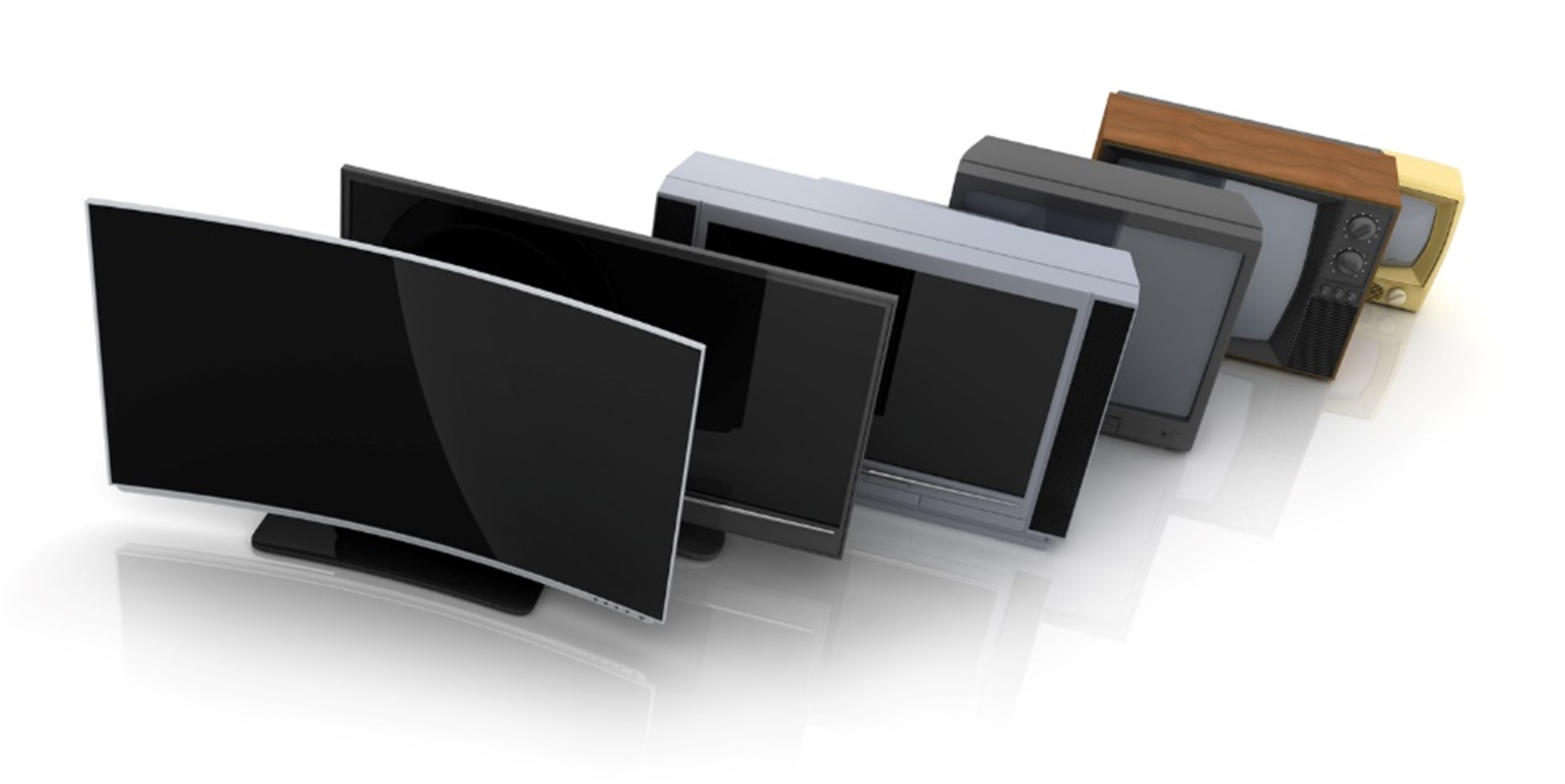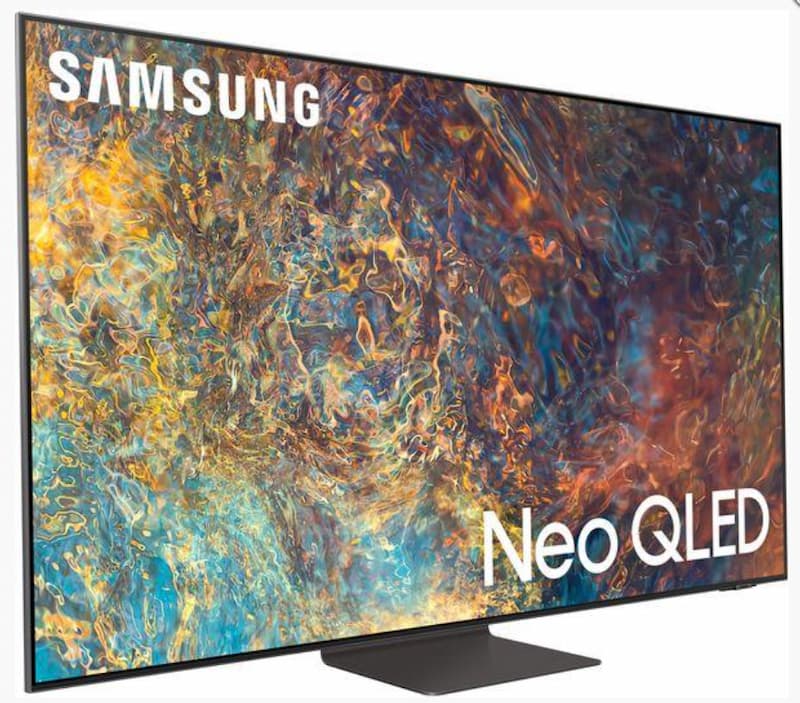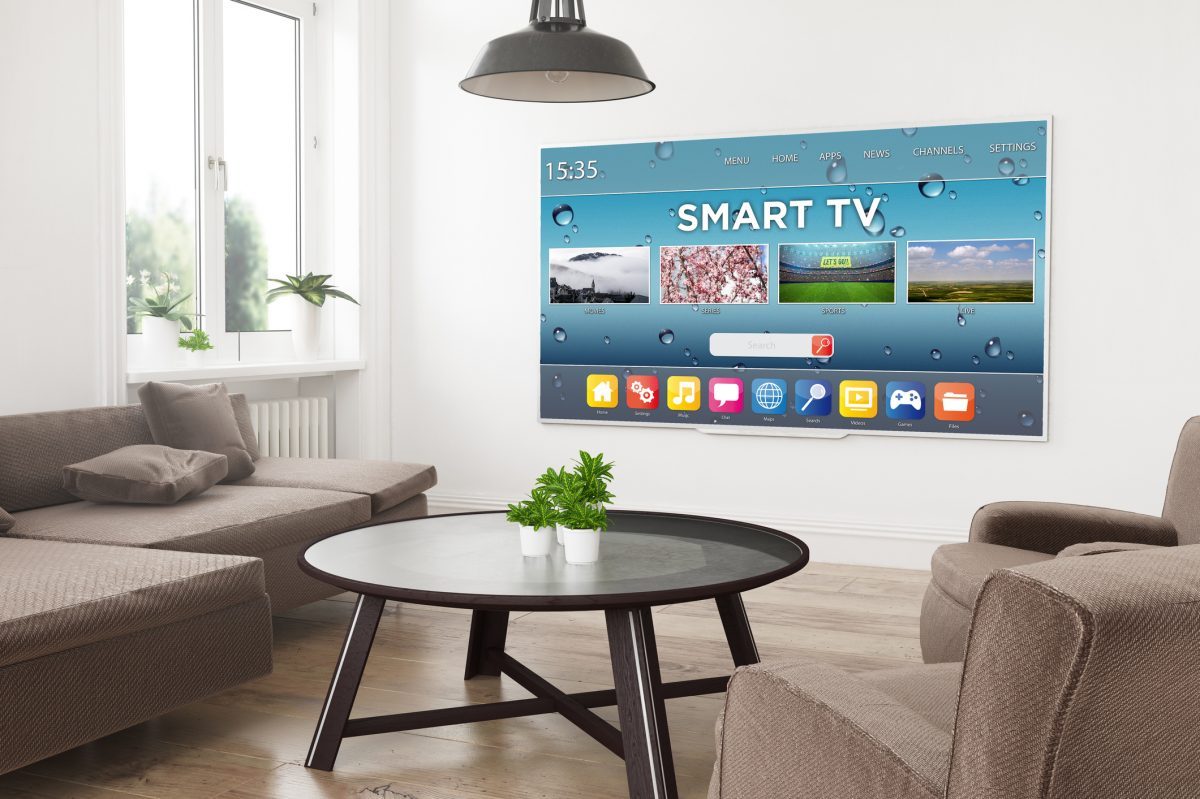We may be able to offer you cheap TV deals on some of the best, the brightest and newest TV’s on the market, but we’re also well aware of the amazingly fast evolution of the TV.
As a society, we’re so used to seeing TVs in homes, stores, pubs, clubs and cafes that they’ve become a social norm. In fact, it’s now seen as strange to see places without a TV, especially in our home, where some people have a silver screen in every room! Radio used to rule the waves but that hasn’t been the case in a very long time…
Birth of the TV – 1920’s
The revolutionary birth of the TV occurred in 1923, thanks to Scottish-born John Logie Baird. Baird developed a mechanical system with a spinning cardboard disk that allowed images to appear on screen. From the moving picture, this step started the very quick evolution of the TV. After many experiments, the BBC invested into Baird’s invention and allowed regular TV broadcastings to take place during the 1930’s to the TV sets in Great Britain (back then there were a little over 100 TVs; now more than 79% of the British public own a TV!)
The Next Step – 1930’s
The very first scanning disk televisions looked more like a vintage radio. They were bulky machines, made with wooden bodies and tiny, magnified screens which took up barely a fifth of the entire set. These screens broadcast black and white pictures within a very short range of the broadcasting centre, however, depending on how good or bad the weather was, the signal was sometimes picked up further across the UK.
Age of the TV – 1950’s
The 1950’s showed a change in the overall appearance of the TV set. Its screen grew larger, which allowed for a larger image. The TV was still big and bulky, and channels had to be changed manually, however it was more widely accepted, and more broadcasters used the TV to reach potential customers with television adverts.
Bringing TV to life – 1960’s
The 1960’s offered viewers with their very first colour TV. LED and plasma lights were used to brighten the screens, and though this method would be replaced by OLED (Organic Light-Emitting Diode) before the end of the 2010’s, this innovation paved the way for our bolder HD TVs.
The Start of the Recording Systems – 1970’s
When the very first VHS tape came into play, it’s safe to say the radio had had its day as the primary source of entertainment. We know some of your will remember how arduous the VHS tape sometimes was, when played too much to tape got worn down, leaving a dotted or distorted image playing on the screen. It took ages to allow the tape to rewind back to the very beginning and, every now and then, the VCR would chew up the tape and refuse to give it back to you in one piece. All this aside, the viewers were now able to watch movie and shows in the comfort of their own home, at their convenience, whenever they wanted. VHS tapes brought movie magic right to the viewers’ fingertips. And that’s not all, the TV set underwent yet another big design change, removing the wooden casing and replacing it with plastic and making the screen bigger still!
DVD killed the VHS – 1990’S
In the 1990’s we saw yet another huge leap in TV viewing. Now, not only were more adverts being broadcast on our screen, not only had the design of the TV changed yet again to allow for a bigger screen, but the DVD came into play. Now, TVs didn’t need the bulky VCR, which grew hot quickly and ruined a lot of the consumer’s VHS tapes. Now everything was stored and played in higher definition on DVD’s (Digital Versatile Disc), which cut out the awkward rewinding, and allowed viewers to skip the trailers and credits to get straight to the movie. Even these were upgraded in 2006 to Blu-ray disks which offer an even higher quality image.
The Future of Television?
Now our TV screens are thin and sleek, the screen take up the entire TV set with some screen curved to allow for an ultimate viewing experience. TVs have become home cinemas, and their range of programs give viewers a wider choice radio can’t compete with. But where will the television go to next? With more and more people watching internet TV shows on Netflix and BBC iPlayer, is it possible that the world wide web will be the next great step for TV kind?
If you’d like to take part in the TVs evolutionary stages, contact us on 0121 327 3273 for the cheapest TV deals around!












